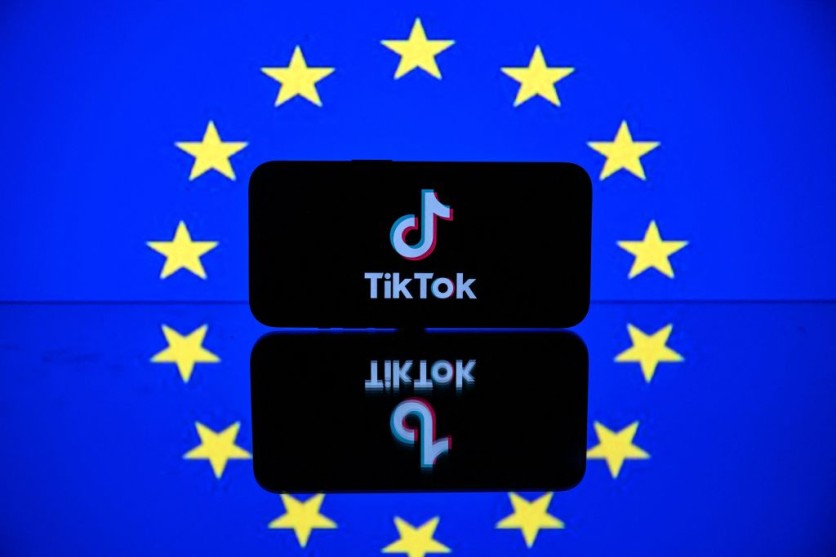The European Union (EU) has urged TikTok to take additional measures to ensure compliance with Europe's new digital rules aimed at safeguarding user safety online.

TikTok's Stress Test
According to Associated Press, European Commissioner Thierry Breton noted that a recent "stress test" conducted at TikTok's Dublin office indicated that further efforts are necessary to be fully prepared for the upcoming implementation of the Digital Services Act (DSA) next month.
The DSA, set to take effect on August 25, will impose stringent standards on major online platforms, requiring them to combat hate speech, disinformation, and other harmful and illegal content on their sites.
Brussels has emerged as a trailblazer in the global push to regulate tech giants and protect users' digital well-being. Breton, responsible for overseeing the EU's digital policy, communicated the stress test results to TikTok CEO Shou Zi Chew in a video call.
In response, Caroline Greer, TikTok's public policy official based in Brussels, reaffirmed the company's commitment to implementing the DSA and enhancing transparency and accountability. Greer also expressed the company's willingness to openly discuss its efforts and maintain engagement with the EU Commission.
EU officials introduced the stress tests to help companies prepare for new EU digital rules and assess their readiness. Twitter previously underwent a stress test at its San Francisco headquarters, prompting Breton to emphasize the need for continuous improvement.
TikTok's stress test focused on child protection, recommender systems, content moderation, illegal content, data access, and transparency. Breton acknowledged the platform's organizational improvements, including changes made to content recommendation systems and increased transparency measures.
Read Also : Ohio Plastic Surgeon Banned From Practicing Medicine After Livestreaming Surgeries on TikTok
EU Calls for Tighter AI Regulations
In related news, the EU urged the United States to implement more stringent regulations concerning artificial intelligence (AI) to ensure alignment with international standards.
Didier Reynders, the European Commissioner for Justice, emphasized the importance of concrete action from the US instead of empty promises.
Reynders highlighted the significance of privacy protection and data control, citing the EU's General Data Protection Regulation (GDPR) as an exemplar of comprehensive privacy laws.
While there have been proposals in the US for similar regulations, including recommendations from tech executives, Facebook whistleblowers, and members of Congress, Reynders pointed out the lack of tangible progress and implementation.
He argued that the settlements reached by the US Federal Trade Commission with tech companies regarding user data protection lack the same level of authority as laws that can impose more stringent fines and legal repercussions.
Reynders emphasized the importance of robust enforcement measures to ensure an effective regulatory framework. He advocated for a unified approach between the EU and the US to establish an international standard for AI regulation, underlining the crucial role of cooperation in addressing the challenges posed by AI technologies.
Related Article : TikTok is Testing New In-app Shopping Section 'Trendy Beat' - Is It Available in the US?

ⓒ 2025 TECHTIMES.com All rights reserved. Do not reproduce without permission.




